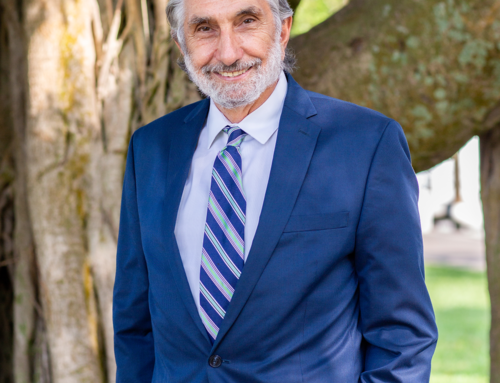Immigrations law changes all the time, and the last 4 years have been no different. If you are seeking to become a citizen of the United States – or have just arrived from another country – you need to be up-to-date with all of the relevant laws which affect your status. An experienced immigration attorney can help ensure that you are doing all you need to do in order to remain in the country safely.
Here are some of the immigration law changes that were slated to occur in 2020. Be sure to consult with a lawyer if you have any questions regarding your status.
Current and Planned Immigration Law Changes
Immigration changes slated for 2020 will occur not through legislation but through the rule-making processes from USCIS.
Cost Increases: USCIS plans to increase the cost of immigration services in 2020. Asylum seekers will be charged $50 for their application, and the cost of the naturalization application will increase from $640 to $1,170. Other fees in the areas of employment authorization and
removing conditions on permanent residence are expected to increase as well.
Citizenship Test Changes: This change will not take place until December 2020, but permanent residents who apply for citizenship will take a new test which is considered more challenging. Immigrants must prove they can read, write and speak basic English, and have essential knowledge of U.S. history and government.
International Students: This administration’s regulatory agenda planned to revise the practical training options (OPT) available to nonimmigrant students on F and M visas. The program was designed to enable international students to work for one year after graduation. STEM OPT allows international students to work an additional 2 years in science, technology, engineering, and math fields. These programs enable U.S. employers to attract the best and the brightest international students who completed their field of study in the U.S.
Public Charge Grounds: On February 24, 2020, the Inadmissibility on Public Charge Grounds was implemented in all states. However, in July, the US District Court for the Southern District of New York announced two preliminary injections that block implementing and enforcing the current public charge rules and policies. These rulings apply to rules related to “public charge” as a ground of impediment to obtaining permanent resident status or entering the United States with an immigrant visa. A public charge is “an individual who receives one or more designated public benefits for more than 12 months, in the aggregate, within any 36-month period.”
H-1B Visas: The regulations around these visas continue to change under the current administration. These changes could prove challenging for those companies that rely on the visa to obtain highly specialized talent from around the globe. In July 2020, H-1B and other work visas were suspended for the purpose of saving American jobs, especially those whose employment was affected by the Coronavirus pandemic.
L-1 Visa: These visas permit an employer to transfer employees working at an office abroad to the U.S. In 2019, DHS proposed to change the definitions of specialized knowledge, employment, and the employer-employee relationship, as well as impose wage requirements for employers. Currently, L-1 visas do not have a wage requirement. As of July 2020, L-1 visas are temporarily suspended in order to keep more jobs open for Americans suffering from the pandemic.
EB-5 Investor Green Card: Two proposed rule changes regarding EB-5 visas are on the docket for 2020. One would make changes to the EB-5 regional center program, including how regional centers are designated, maintain their status, and are terminated. The other rule would “increase monitoring and oversight of the EB-5 program as well as encourage investment in rural areas.”
For more information on the most up to date immigration laws, call Probinsky & Cole today.








